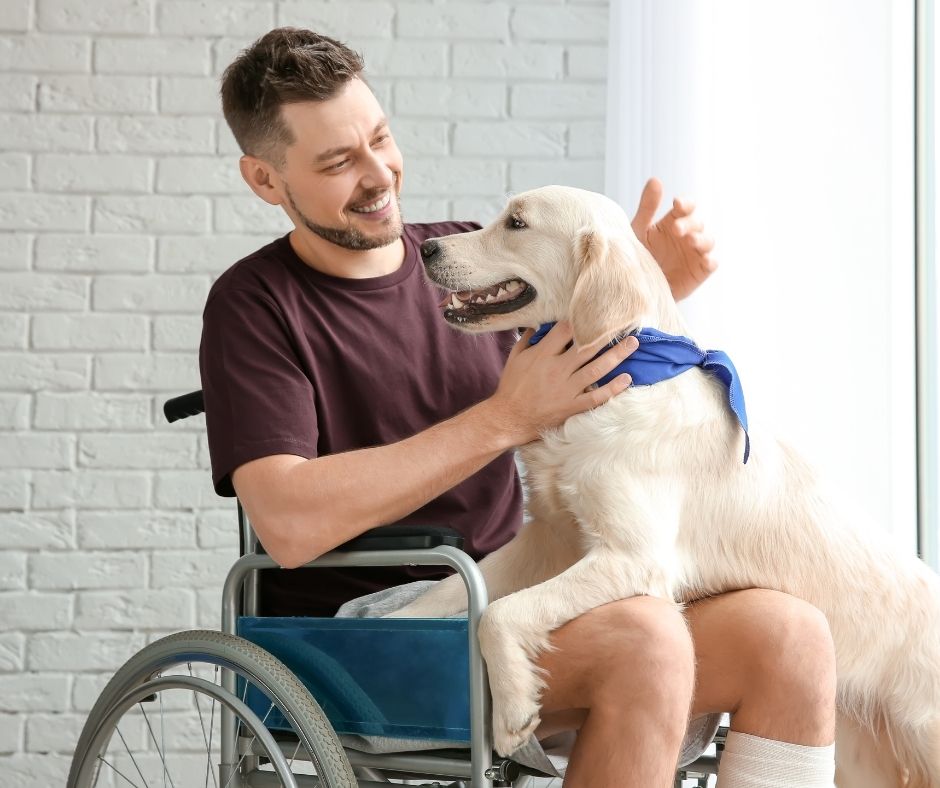Dog Days of Work? A Business Owner’s Guide to Employee Service Animals

With a growing number of pet-friendly supermarkets and restaurants to specially-themed businesses such as Good Times Dog Bar in Flagler Beach that caters specifically to dog owners and their four-legged friends, it goes without saying that a growing number of businesses have adapted to modern times – times when pet owners may be enticed to frequent businesses that allow them to bring their pets with them, whether they are shopping, dining or visiting a resort on vacation. This may be considered a sharp contrast to several years ago when service animals for individuals with disabilities would be the only animals seen in a private business establishment. As the lines between what defines a pet vs. a service animal have been blurred with new allowances for pets by specific businesses, it is important for business owners to understand the differences, in scenarios that pertain not only to clients and customers but also to a group that often isn’t considered in the conversation – their employees.
Under Title I of the Americans with Disabilities Act, employers are required by law to provide what are considered to be reasonable accommodations to employees who have physical or mental impairments except in cases of undue hardship, which is in the highly unlikely scenario in which the service animal creates a hostile work environment due to behavior that is not reasonable for the work environment. Much like providing wheelchair access or an interpreter to employees who require these items, service animals are also included in what is considered to be reasonable accommodations for employees that require their use. It should be noted that, under the ADA act, designated service animals are deemed to be dogs of any breed and size that are trained to perform a task that is directly related to the person’s disability. This can include everything from physical assistance with retrieving objects, taking medication, detecting the onset of a seizure for those with epilepsy and helping someone with PTSD to deal with panic or anxiety as it pertains to their condition.
Furthermore, it should be noted that service animals serve those with disabilities only and are not the same as emotional support or comfort dogs since the tasks performed by those animals don’t directly pertain to an individual’s disability. Contrary to what is a common misconception about certification requirements for service animals, it is important to remember that while some dogs may undergo specific training and receive certification for their ability to perform a specific task or skill, this is not required by law. Not all disabilities are as visible as others, so as it pertains to employees who rise to the challenge of the workday despite their disability, it is important to give them the tools and accommodations they need to thrive, as is the case with any other employee.











